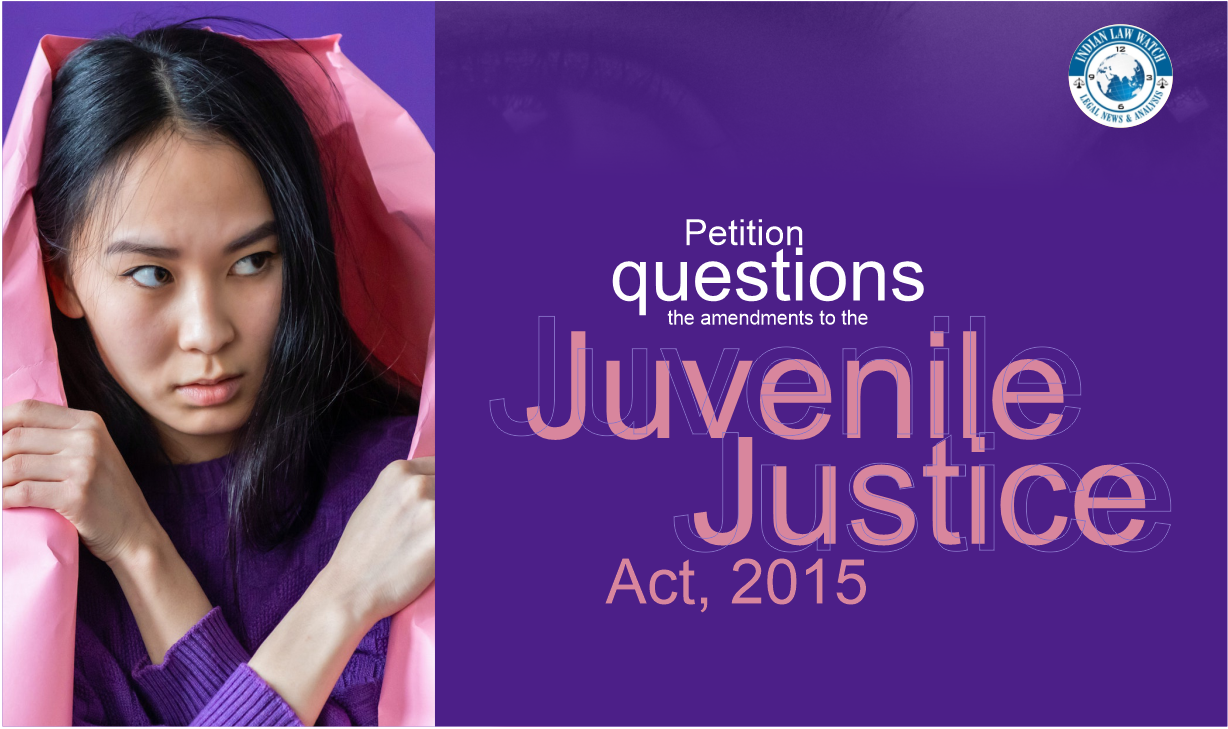

A bench of justices Dhananjaya Y Chandrachud and Hima Kohli on Monday also sought the assistance of the Attorney General for India in the matter
The Supreme Court has issued a notice to the Centre over a Delhi Commission for Protection of Child Rights (DCPCR) petition questioning amendments to the Juvenile Justice Act, 2015. The panel has argued categorisation of certain serious offences against children as non-cognisable was against their interests.

A bench of justices Dhananjaya Y Chandrachud and Hima Kohli on Monday also sought the assistance of the Attorney General for India in the matter. It was initially inclined to direct the petitioner to approach the high court. But advocate Prateek K Chadha, who represented the panel, told the bench that five state commissions have written to the Centre expressing reservations over the amendments. He added a high court decision will have limited territorial application while this law is applicable across India.


-
The Supreme Court has issued a notice to the Centre over a Delhi Commission for Protection of Child Rights (DCPCR) petition questioning amendments to the Juvenile Justice Act, 2015. The panel has argued categorisation of certain serious offences against children as non-cognisable was against their interests.
-
The amendments made certain offences against children non-cognisable, which means the police cannot investigate them unless directed to do so by a magistrate. Some of these offences were punishable by sentences of more than three years and up to seven years. These included sale and procurement of children, exploitation of child employees, employment of children for child begging, etc. Parliament passed the amendments to the law last year.
-
In its plea filed in May, the DCPCR said the amendments have resulted in “denuding the police of powers to investigate and arrest the offenders” and place an “undue, unfair and unjustifiable burden on minor victims to come forward and report the commission of a serious offence.”
-
Under the 2015 Act, a police officer was empowered to investigate and make arrests after getting information about a cognisable offence. In non-cognisable offences, police have no such power, unless the investigation is authorised.
Source : Hindustan Times





